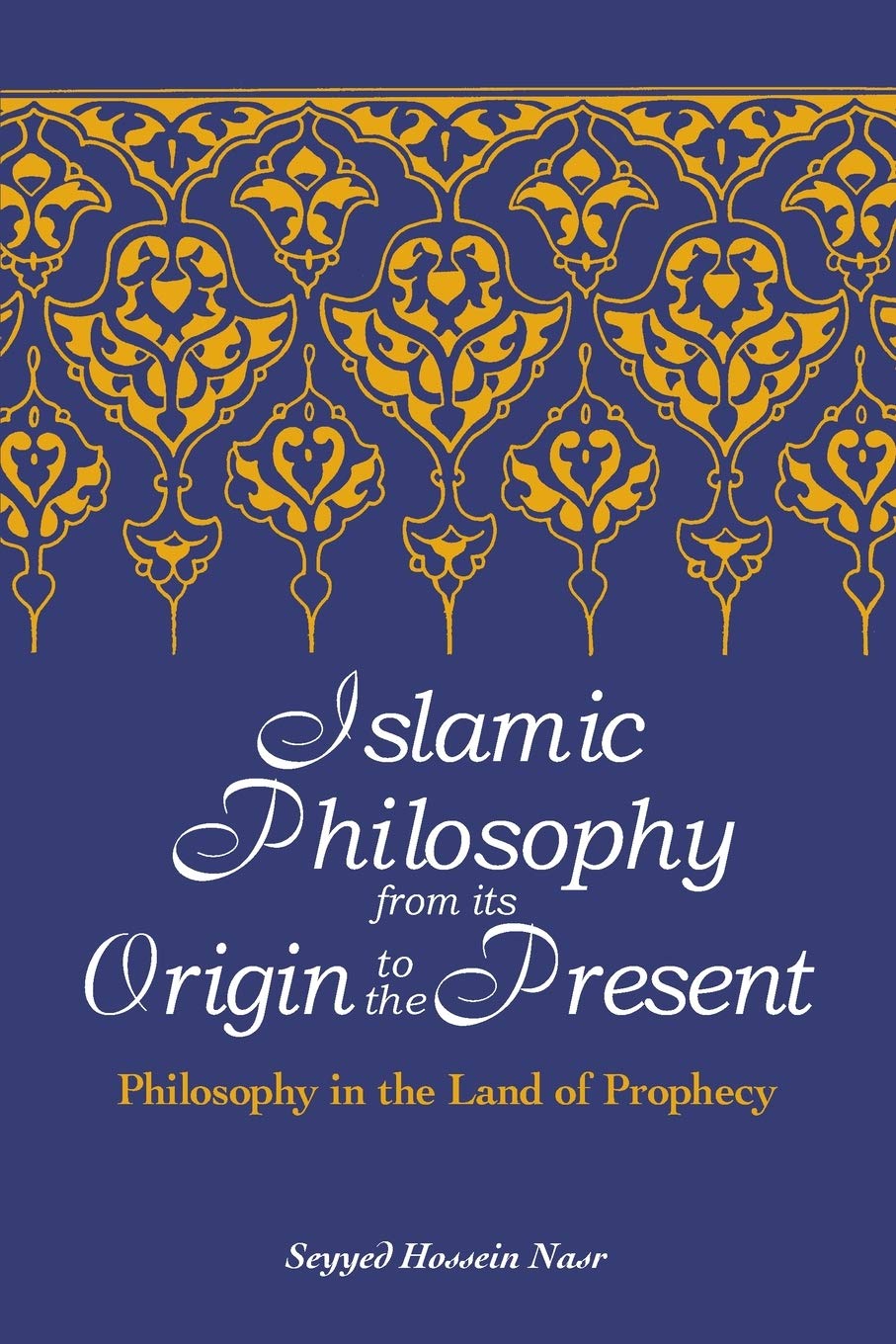Publishing Date
January 1, 2018
Language
Persian
ISBN
978-964-968-781-0
Page Count
84
Publisher
Mīrāthbān
Details
Khurasan has long been a vital center of Islamic intellectual life, producing luminaries such as the Sufi masters Abū Saʿīd Abū’l-Khayr and such scientific giants like Ibn Sīnā and Khayyām. In this work, Nasr turns to the spiritual legacy of two of Khurasan’s most influential Sufi figures—Bāyazīd Basṭāmī and Abū’l-Ḥasan Kharaqānī—beginning with a historical overview of the region’s defining Sufi doctrines and then exploring how Basṭāmī and Kharaqānī’s timeless teachings address the spiritual challenges of our own age.
Reviews
Translation & Edited










